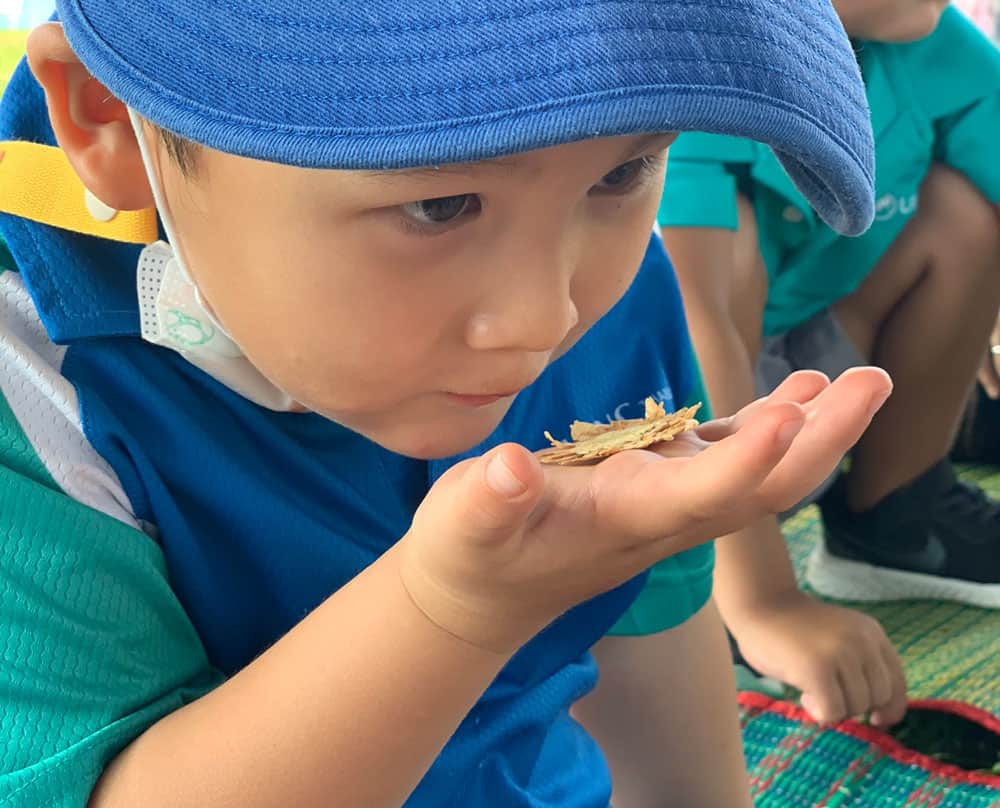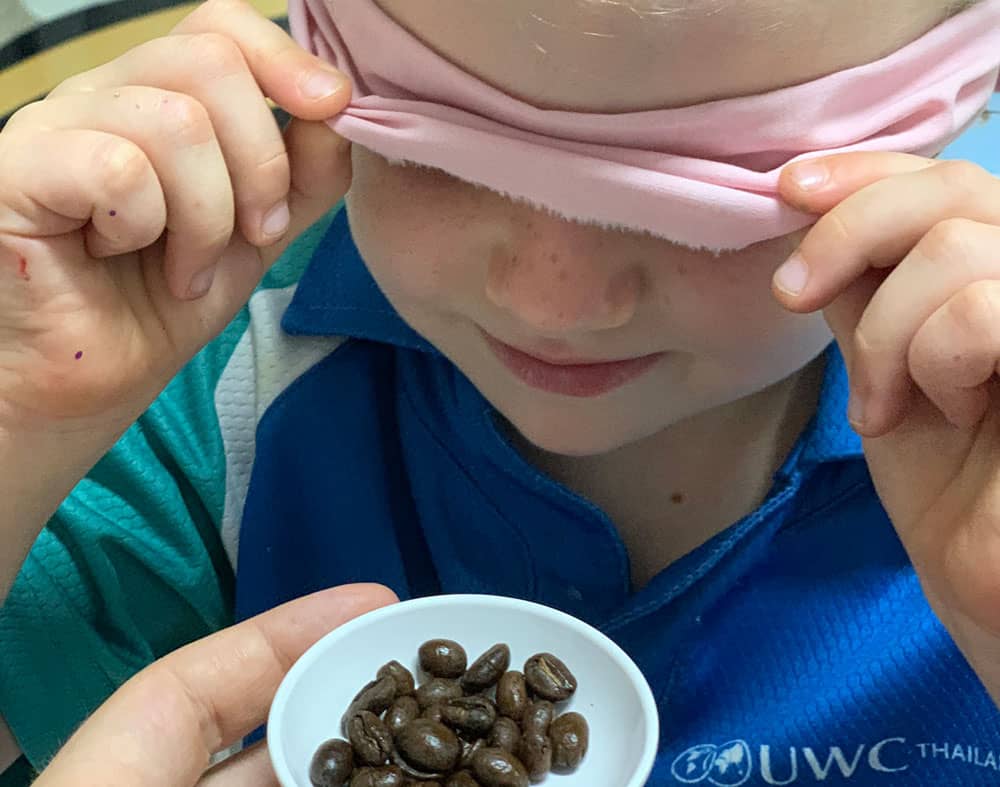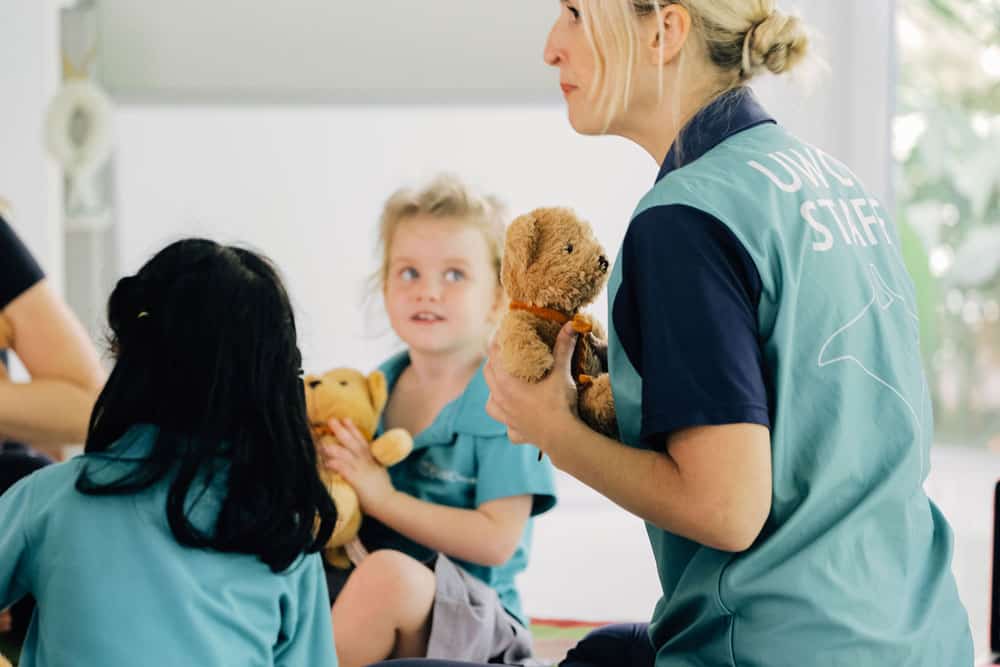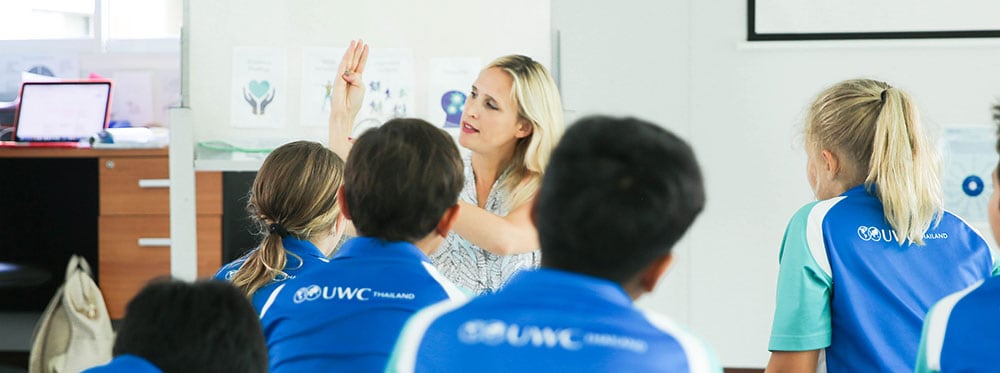Have you ever heard the phrase, “where your attention goes your energy flows?” Motivational speakers say this a lot to try and get you to commit to your goals and not waste time on unnecessary things. It’s great advice which we would all love to follow! However, in practice, it is sometimes more challenging than we think.
Have you ever felt like you had good intentions in pursuing something meaningful or positive for your wellbeing but then your attention was totally hijacked by something that popped up on social media? Most of us have at some time, I am sure. Let’s explore how this works.

We might get home from work or have a few precious moments to ourselves and the urge to ‘just check’ what is going on means that unless we have our attention in check, we have just signed up to the rabbit hole of social media. Have you been there? I know I have! Once we have checked with what we initially set out to, we can easily get drawn into something else. This inevitably leads to something else, and so on until we eventually realise we are in a completely different place from where we started, perhaps looking at cute cat videos or filling out a Facebook survey that will proclaim to all our friends, which historical figure we most resemble.
If we add all up of that weekly time being ‘Alice in TechLand’, well…. perhaps it could have been better spent. Let’s not judge ourselves here though! Minds have the tendency to wander away from our intentions and according to media producer, Phil Cooke,
“ The most valuable commodity of the 21st century is undivided attention.’’
Phil Cooke
Some companies are using their knowledge of Psychology and how people work, to intentionally monopolise your attention. You only need to google the phrase ‘attention as a commodity,’ to find out more about this. The good thing is that now you know this, you can begin to claim your attention back! It takes practice but it is worth it.

Considering our childhood, how we learned to pay attention and whether we were given the opportunity to explore how our minds work can give us a great insight into how we easily get distracted. We probably all experienced our parents or teachers telling us to “PAY ATTENTION!” at some point during our childhood. Do you remember how it felt to hear that? For many people that I teach, adults and children alike, they say, ‘it feels harsh’ and that they were ‘doing something wrong’. Therefore, I often invite them to ‘play attention’ instead. We work with attending to different things, noticing when our mind wanders and intentionally shifting it back to whatever we were focusing on. We do this with an attitude of curiosity and compassion to ensure that this never feels like the punishment of not paying attention. This way, we can begin to claim our minds back, work with them and see how fascinating our experiences can be.

Ways of Practicing Playing with Attention
- Begin your day by noticing your attention. Invite yourself to take a few slow deep breaths and see if you can follow the in-breath and out-breath from beginning to end. Of course, your mind will wander off into ‘to do’ lists, problem-solving and stories. This happens to all of us! Just come back to the next breath and make a pact with yourself to notice where your attention is throughout the day.
- Try a practice such as yoga which helps to develop awareness such as this one: 1 hour Yoga Class – ‘Welcoming’ with Lucy – https://youtu.be/TV8EYu3qG1k
- Begin a regular mindfulness practice- there are some great apps out there such as Headspace, Smiling Mind and some new free courses with Coursera, as well as all the free practices available on the UWC Thailand Mindfulness Resources page.
By Lucy Keller – UWC Thailand Head of Mindfulness
